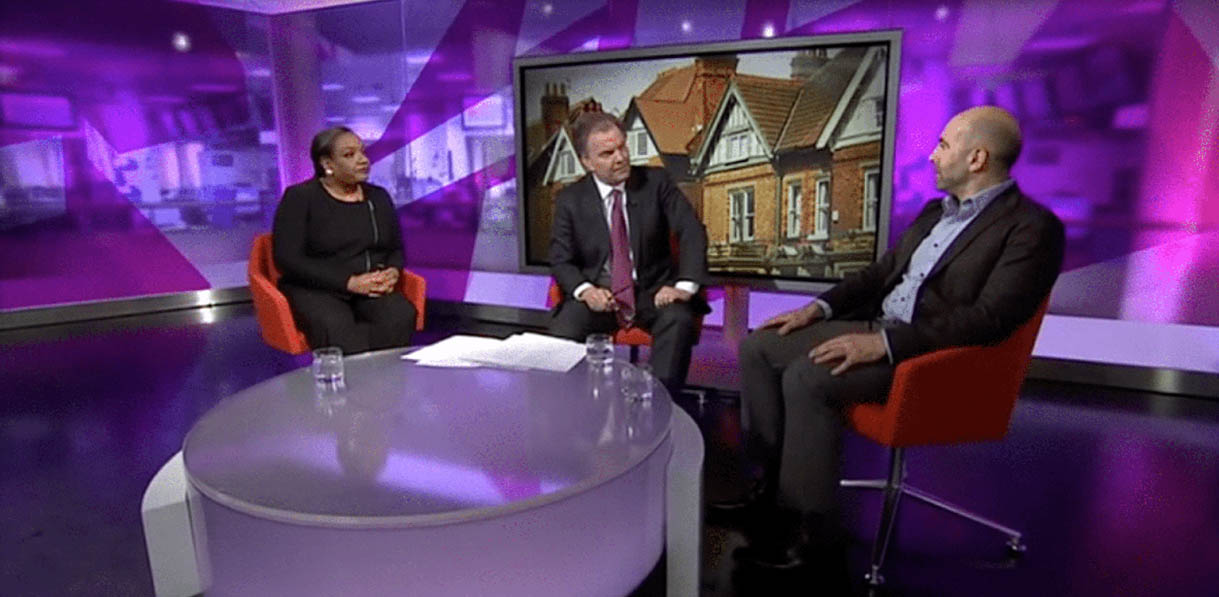 There was a rumour last week that the government were to propose the introduction of three year compulsory tenancy agreements in England in this week’s housing white paper. It then emerged that there would be no compulsion and the proposal was simply to promote longer tenancies in homes let by housing associations and institutional investors. According to the white paper, finally released on 7 February 2017, the government “will consider” what more can be done for security of tenure for families in the rest of the Private Rented Sector while “encouraging continued investment”. This would suggest that the government knows that compulsory three year tenancies would see landlords and lenders running for the hills. Let’s examine the arguments.
There was a rumour last week that the government were to propose the introduction of three year compulsory tenancy agreements in England in this week’s housing white paper. It then emerged that there would be no compulsion and the proposal was simply to promote longer tenancies in homes let by housing associations and institutional investors. According to the white paper, finally released on 7 February 2017, the government “will consider” what more can be done for security of tenure for families in the rest of the Private Rented Sector while “encouraging continued investment”. This would suggest that the government knows that compulsory three year tenancies would see landlords and lenders running for the hills. Let’s examine the arguments.
The original proposal for three year tenancies was the product of a Shelter campaign for stable tenancies and was adopted by the Ed Milliband led Labour party for the 2015 election – and as such was rejected by the electorate. The key argument is that now that almost a third of households in the private rented sector are families with children, this tenant group needs longer term stability, particularly whilst children are at school. Six month tenancies fail to provide this it is argued, tenants are forced to move every six or twelve months because landlords raise rents or chose to evict tenants with no fault section 21 notices.
How many landlords do you know who want to end tenancies every six or twelve months? Most landlords want tenants to stay long term – on average mine stay 3-4 years and families often stay longer. There is a failure by Shelter and The Labour Party to understand the business of renting. It is letting agents that want churn, not landlords and they should be the target of any intervention on this matter. The commission based model of letting agents means that some encourage tenants to move by calling them a few weeks before the end of their tenancy and encourage landlords to increase rents. All of this yields more commission for the agent. The current system also encourages agents to charge renewal fees – if they can’t get tenants to move every 12 months, then at least they can get the landlord to pay a fee every 12 months.
NLA research shows that 8 out of 10 tenants are happy with the initial length of their tenancy agreement and over 90% of tenancies are ended by the tenant, not by the landlord. The English Housing Survey confirms that the average tenancy in the private rented sector lasts 4 years and over 80% of PRS tenants are happy or very happy with their accommodation.
It is vital that landlords have the initial safeguard of six months before committing to a longer period with a tenant. When you let a property you are effectively handing over an asset worth hundreds of thousands of pounds to a stranger. Carrying out referencing checks is vital, but we know that even squeaky clean tenants can be used as a front for crime like cannabis factories or brothels. How comfortable would you be handing exclusive possession of your property to somebody you barely know – for a minimum term of three years? Accidental landlords – like people who need to move for work – would be very unlikely to let their homes. It is argued that safeguards would be included allowing possession if the landlord wants to move back into the property or sell up, but we know that court proceedings can be expensive and on average take 40 weeks. Most lenders only permit lets of up to 12 months in case they need to repossess the property and many landlords would just be driven out of the business, exacerbating the lack of supply of rental properties.
I issue 12 month contracts with a six month break. I meet the tenant before I accept their application and I offer an induction meeting when they move in to introduce them to the property and begin a positive relationship. I carry out a periodic inspection after 3 months to check all is well and thereafter usually inspect the property about every six months. In common with most landlords who manage their own properties, I rarely raise the rent, usually reviewing it every two years and proposing a small cost of living increase. Like many landlords I feel the call for compulsory three year tenancies is a solution to a manufactured problem and would create serious problems of supply. I am pleased that the government has adopted a sensible voluntary approach to this issue.








